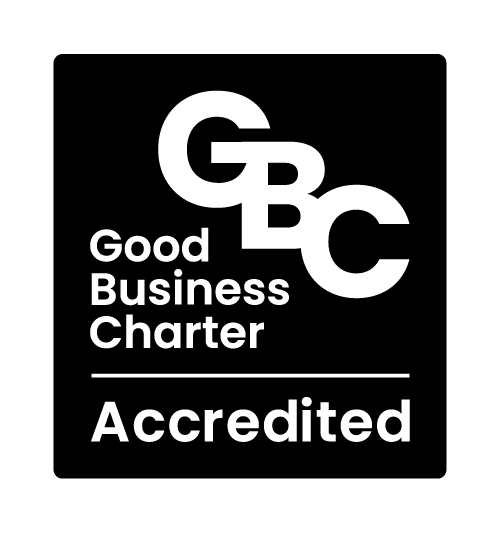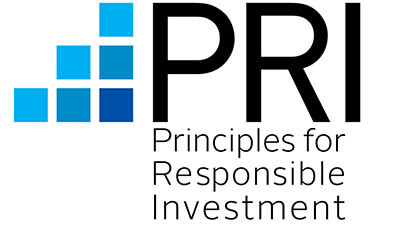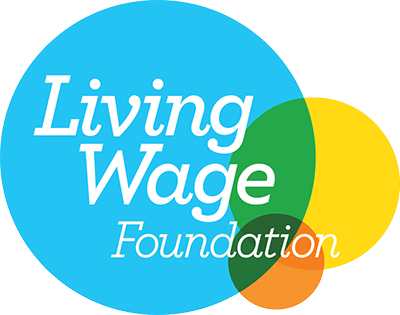This article has been a whistle-stop tour of some of the most obvious as well as number of the less well-known advantages of investing ethically.
One final thing to stress, and which builds on all of this, is the power of doing this together. The more that the issues within this article are publicly exposed and acknowledged, the greater the influence responsible investors will have, and the more business and the wider world will want to react to them.
Fund managers should also be held to account for following through on their ethical mandates. By questioning an invested business thoroughly or holding them to account following poor practices we can avoid many of the greenwashing practices that invalidate the theory!
The wider industry is becoming more sophisticated too. For example, ShareAction works to influence businesses to work better via collective share ownership, and collaborates with certain responsible investment teams.
The deeper and wider the means of tackling the issues at hand, the deeper and wider their impact will be, which, ultimately, is better for us all. Not only better for humankind, but better for the planet and our collective futures.











